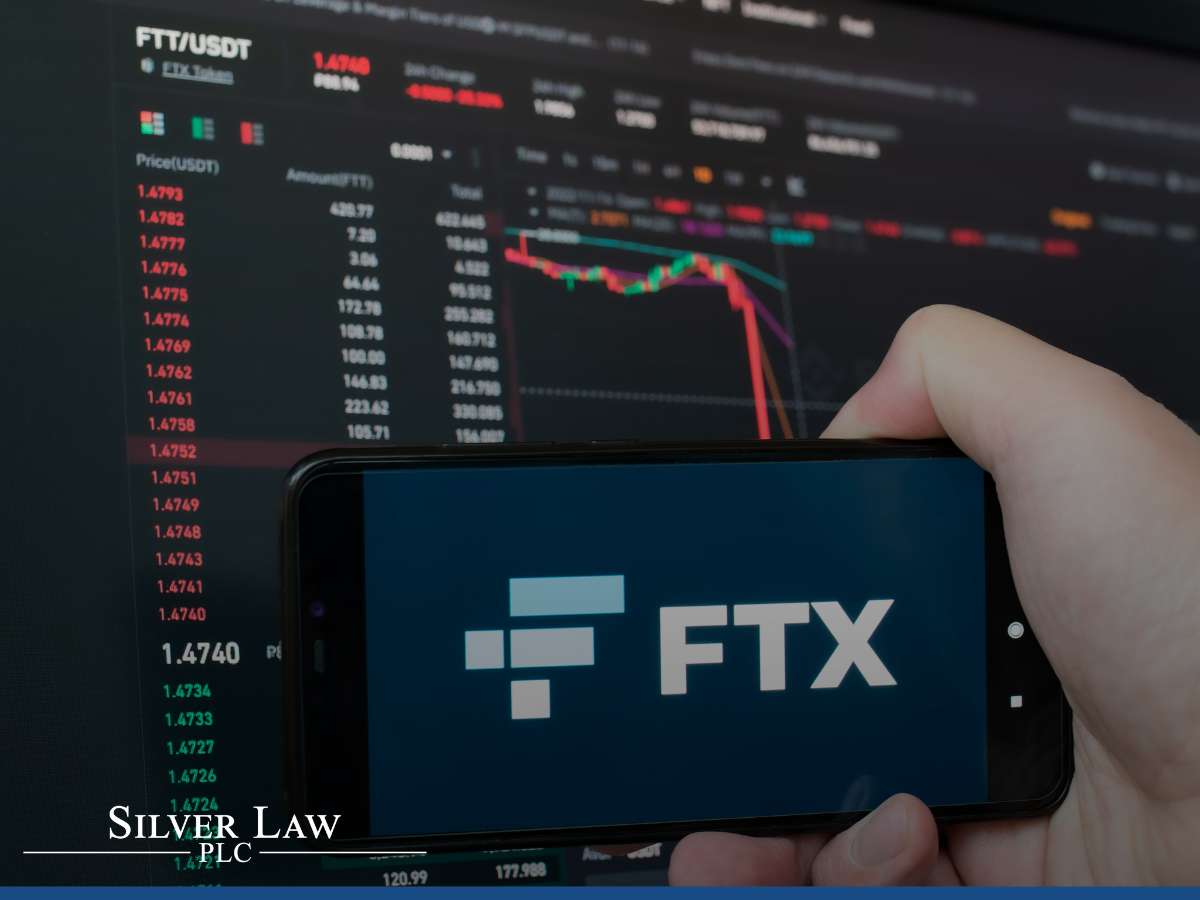Cryptocurrency exchange company FTX filed for Chapter 11 bankruptcy on November 11, 2022, prompting a flurry of questions about the tax implications for its stakeholders. FTX consists of West Realm Shire Services and Alameda Research Ltd and includes approximately 130 other affiliates. The companies are collectively known as the FTX Group. In addition to their bankruptcy filing in the state of Delaware, CEO Sam Bankman-Fried resigned from his post as CEO.
As a result of its bankruptcy filing, the FTX Group will receive immediate relief, allowing them to assess its financial situation and determine how to minimize the losses of its stakeholders.

Several other cryptocurrency exchanges, including Celsius Network and Voyager Digital, also filed for bankruptcy in 2022. It has been a harrowing year for cryptocurrency exchanges as crypto values continue to decline, and stockholders are left with looming questions about the tax implications for themselves and their investors. Unfortunately, the tax consequences that result from these bankruptcy filings are ambiguous due to the tenuous nature of whether these technologies are classified as property and the lack of precedent in tax law.
The IRS is continually updating its taxation guidelines for cryptocurrency, but the reality is that full regulations for these new technologies are still in development. This leaves investors, stakeholders, and other individuals unclear about their tax obligations as bankruptcy law and tax law lack precedents for how these types of situations should be approached.
In the case of the FTX Group, there is some question as to whether the cryptocurrency assets that were liquidated by FTX belonged to FTX or their customers. If the assets belong to their customers, those individuals are in a position to obtain compensation or relief because they are likely to be considered unsecured creditors. Unfortunately, the customers may not be able to regain all of their losses.
It’s also unclear whether the payouts after the bankruptcy will be in the form of cryptocurrency, and what amount. Finally, equally ambiguous at this time is when to value the assets. Because the entire cryptocurrency industry is in a steady decline, the timing of when the assets were valued will be a crucial portion of the FTX case in determining the final payouts.
Former IRS Office of Chief Counsel member Miles Fuller, who is currently head of government solutions at TaxBit, a leading cryptocurrency tax preparation software provider, addressed the many complications of the FTX Group bankruptcy, indicating that it would be difficult to determine when the value snapshot of the crypto assets should take place and that negotiation will need to occur due to the dramatic fluctuation of crypto prices in the last year. Fuller added that a mechanism must be developed and implemented to establish the consistent value of crypto upon distribution.
Additionally, at this time, it is unclear when the losses of crypto assets will be examined. FTX Group customers are currently unable to access their crypto assets because of the bankruptcy filing. However, the assets are not completely lost, either, meaning that the crypto assets are ultimately frozen and inaccessible until the bankruptcy is completed, which could take several months. The bankruptcy process will determine the extent of the losses for customers. From a taxation perspective, FTX customers and investors cannot calculate their losses for tax purposes because they don’t yet know how much payout they will receive – or if they will receive one at all.
These losses will probably be considered ordinary losses rather than capital losses, although the IRS has not yet taken a position on the issue. The many questions and complications surrounding cases such as the FTX bankruptcy indicate the need for ongoing taxation guidance from the IRS.
If you need legal guidance on a tax controversy or are seeking representation against the IRS, consult with Silver Law, PLC. We are the leading Arizona tax attorney with extensive experience across all areas of tax law. Our knowledge and experience enable us to provide aggressive, ethical, and effective representation for our clients, with solid legal advice to guide you through whatever tax complications you are facing. Don’t face tax controversies alone: schedule your confidential consultation with us today.
Email: lchapman@silverlawplc.com
Website: taxcontroversy.com
Arizona Location
7033 E. Greenway Pkwy, Ste 200
Scottsdale, AZ 85254
Office:480-429-3360
Nevada Location
410 South Rampart Blvd, Suite 390
Las Vegas, Nevada 89145
Office: 702-318-7130
Henderson Location
2470 Saint Rose Parkway
Suite 207 Henderson, NV 89074
San Diego Location
1373 Grand Avenue,
San Diego, CA 92109
How Do I Handle a Criminal Tax Investigation By The IRS? Paying taxes is a…
Recent Injunctions Updates To Beneficial Ownership Reporting Requirements Breaking Down The Latest Changes To BOI…
What Should I Do If I Disagree With The Outcome Of An IRS Audit? Learn…
4 Tax Schemes From The IRS's "Dirty Dozen" List That Can Get The Average Taxpayer…